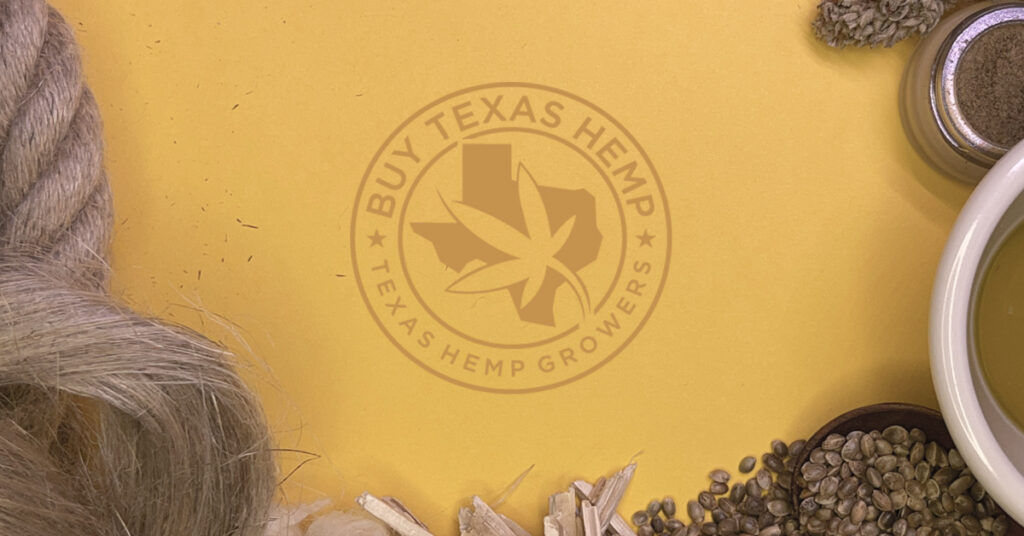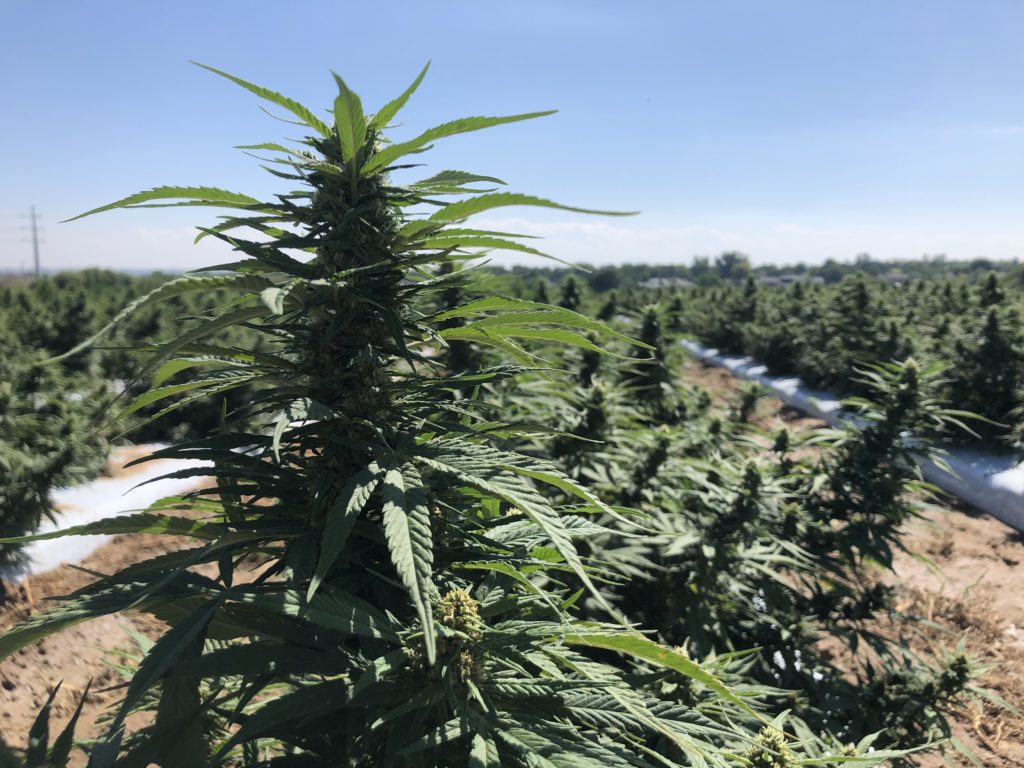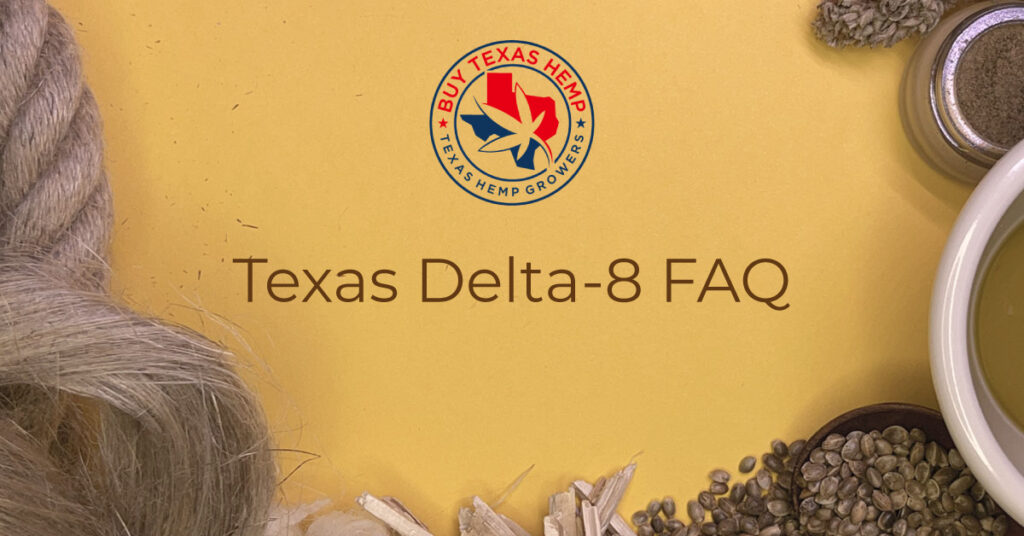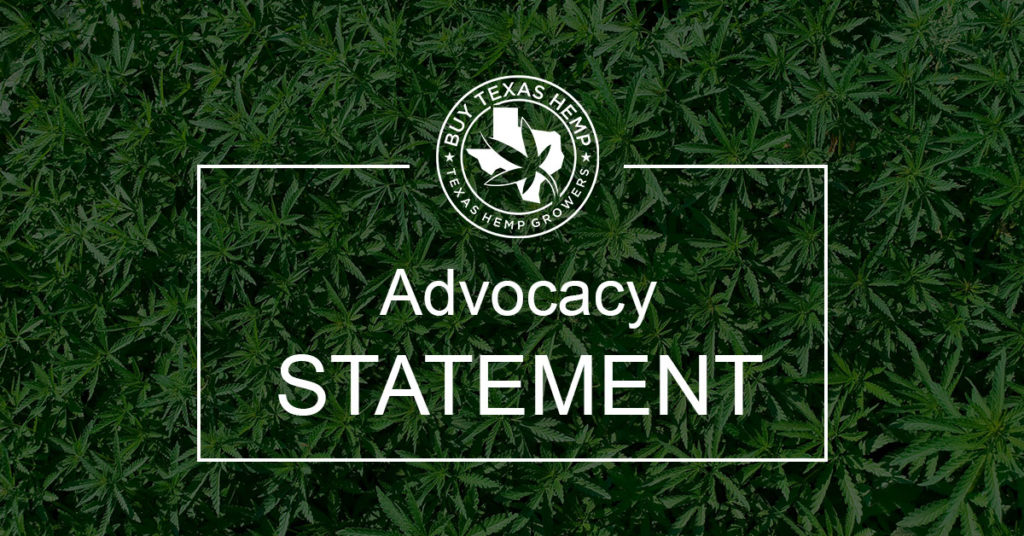Texas State Session Review: Hemp Retailers Win; Growers Lose

Depending on where you are in the supply chain, the Texas state session was either a victory or a failure for the hemp industry. None of the bills that were introduced passed.
The most significant threat to the industry was a series of bills that would have banned synthetic THCs, like delta-8 and THCO. For retailers and manufacturers of these THCs the outcome was a victory. No action is better than some action, is how it could be perceived.
The bill that would have banned delta-8 and similar isomers, S.B. 264, didn’t even get a hearing in the senate. The latest information from Sen. Charles Perry’s office suggested consensus issues with other members of his agriculture committee. And for good reason, the bill would have harmed retailers.
But a separate bill that would have improved grower regulations also stalled in Perry’s committee. H.B. 2818, which passed the House, never received a hearing, despite plenty of opportunity. It’s not clear if H.B. 2818 stalled because Perry was unable to get a hearing for S.B. 264. Of course, the House and Senate were focused on their own priorities, with hemp and cannabis being relatively low on the list compared to priorities like property tax relief, school choice, and social issues. In fact, not a single cannabis bill passed this session.
This is unfortunate, since Texas growers need regulatory relief to stay competitive. Failure to pass H.B. 2818 does come with repercussions for Texas cultivators:
- There will be no adoption of USDA’s now two-year-old Final Rule, which includes improved testing standards that would streamline approval of certain hemp varieties–this would be particularly helpful for fiber and grain varieties.
- If regulatory relief for farmers is included in the 2023 Farm Bill–notably allowing farmers to test up to 1% THC and spot inspect industrial fields–Texas growers will not benefit until, at the earliest, late fall 2025. But even that date is based on the idea that the delta-8 issue doesn’t bring down hemp relief bills again in the next state session. Let’s hope we haven’t inadvertently sent our grain and fiber market to other states by that time.
- There will be no state-level regulatory improvements, like free transportation manifests for state testing and regulations allowing easier transaction of seedlings and clones between growers (a market that has practically been exported to other states).
Until Texas legislators update the agriculture hemp laws, the Texas Department of Agriculture is unable to update its regulations with federal changes. We are effectively stuck under the 2019 framework, while other states have already moved ahead.
Unfortunately, we were unable to convince Sen. Perry and other key members, like Rep. Stephanie Klick, of delta-8’s necessity, which means they will likely reintroduce their bans in two years.
Texas’ synthetic THC market is currently protected by an injunction, which can be overturned at any time resulting in an immediate statewide ban. It’s possible the next hearing for that court case could happen by years-end. And even if the ongoing court case is victorious, it will not stop Texas Department of State Health Services (DSHS) from redoing the process to add delta-8 to the state’s controlled substances list. Recall that the case is not about if DSHS has the authority to ban delta-8, which they do; it’s about if they properly noticed the public when they did it in 2021.
It has recently come forward that the federal Drug Enforcement Agency (DEA) is considering propagating a delta-8 ban via the national controlled substances list as soon as fall. Additionally, there has been talk for more than a year of closing up the delta-8 loophole in the 2023 Farm Bill, which will be adopted by years-end, with or without hemp language. Whether that happens remains to be seen, since the U.S. Hemp Roundtable has quietly dropped its opposition to delta-8, despite previously helping draft language to ban it.
Our position on the synthetic THC isomer market is that it’s running on borrowed time. We’re watching closely to see what might happen by the end of the year with the ongoing court case, the DEA and the Farm Bill.
A repeal of the smokable hemp ban also did not happen, with both Perry and Klick declining to sponsor a bill. And while a bill to repeal the ban was introduced in the house by a democrat, it didn’t stand a chance in the senate. We believe that if the smokable repeal is not sponsored by Klick, Perry or a high-level republican ally of those two, then the ban will not pass the senate. We had considered the route of getting a democrat to sponsor the repeal, but determined such an effort wasn’t the best use of resources considering the balance of power in the senate and Perry’s control over what moves in and out of committee.
We can only hope that the synthetic THC issue has worked itself out by 2025, so that passing hemp bills is relatively uncontroversial and growers can receive some priority attention. For now, Texas growers are stuck under 2019 regulations while the rest of the country moves ahead of us.




